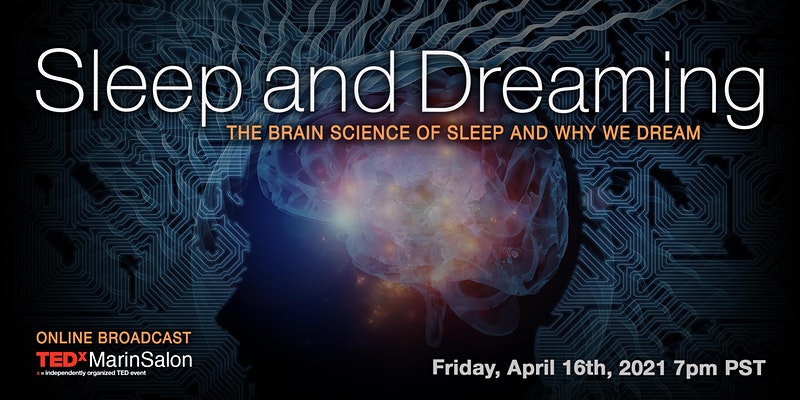Want to uncover some missing memories yourself? You’ll have the opportunity to ask brain researchers your most pressing questions on how and why, at an upcoming TEDx and Nursing CE Central partnered broadcast. Stickgold will join Stanford University’s sleep expert Rafael Pelayo, MD, Gina Poe, PhD, of UCLA, Antonio Zadra, PhD, with the University of Montreal, and University of Rochester Medical Centers’ Michelle Carr, PhD, for the special presentation which promises an in-depth look at how the brain functions during sleep, how to sleep better, and the important function of dreaming.
Set for Friday, April 16, 2021 at 7:00 p.m. PST, the TEDx special will take questions from the virtual audience and teach healthcare professionals how to help patients sleep better, what our brains need to accomplish during sleep, and how to minimize chronic sleep disorders like sleep apnea. The online event also offers nursing professionals credit for continuing education endeavors.
Registrations is now open for this continuing education event.






